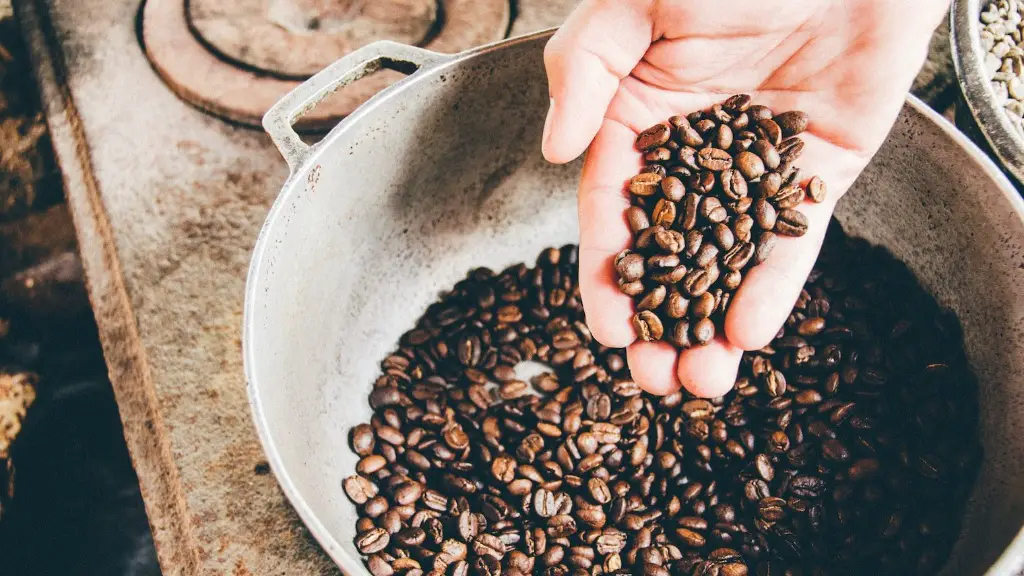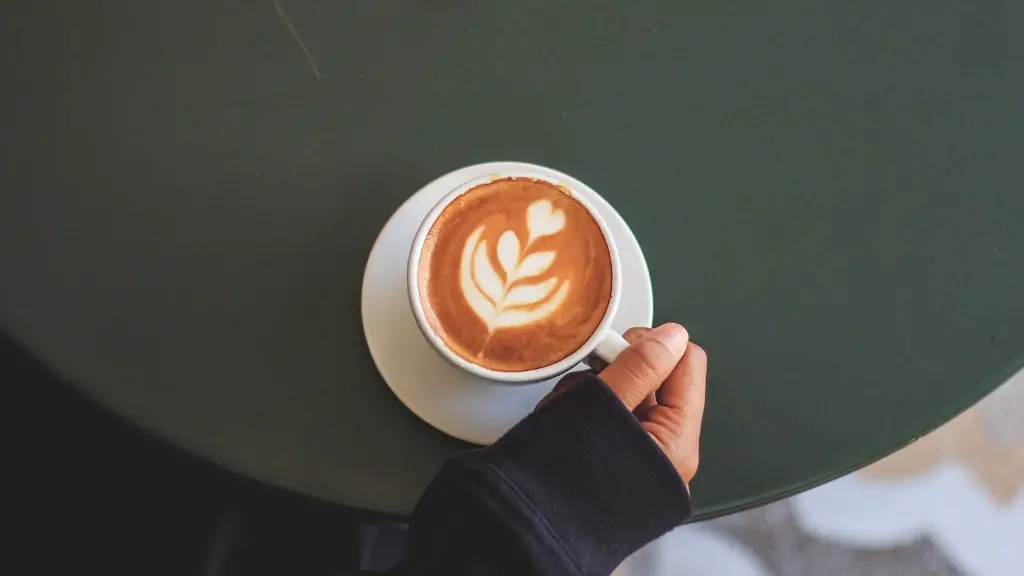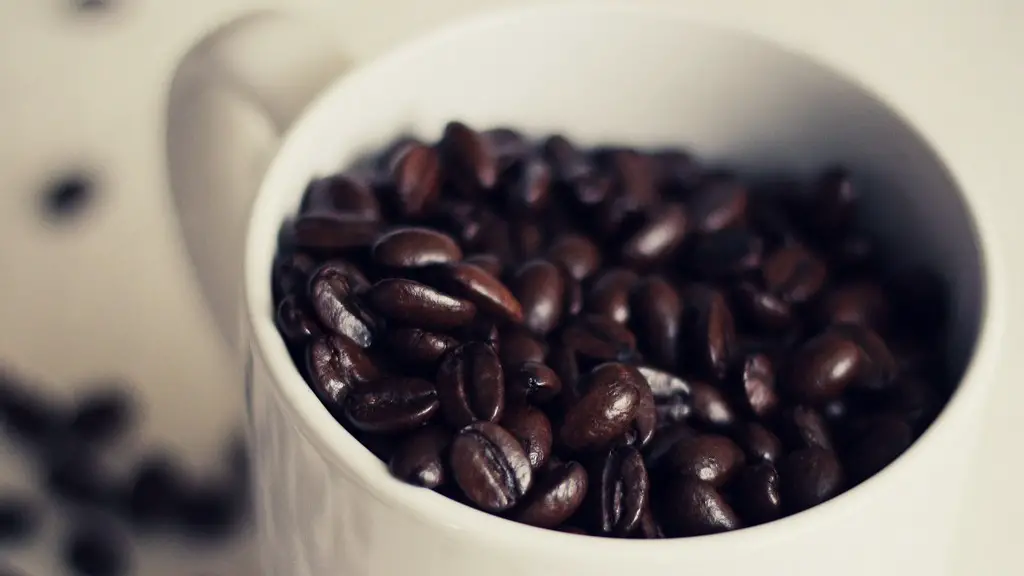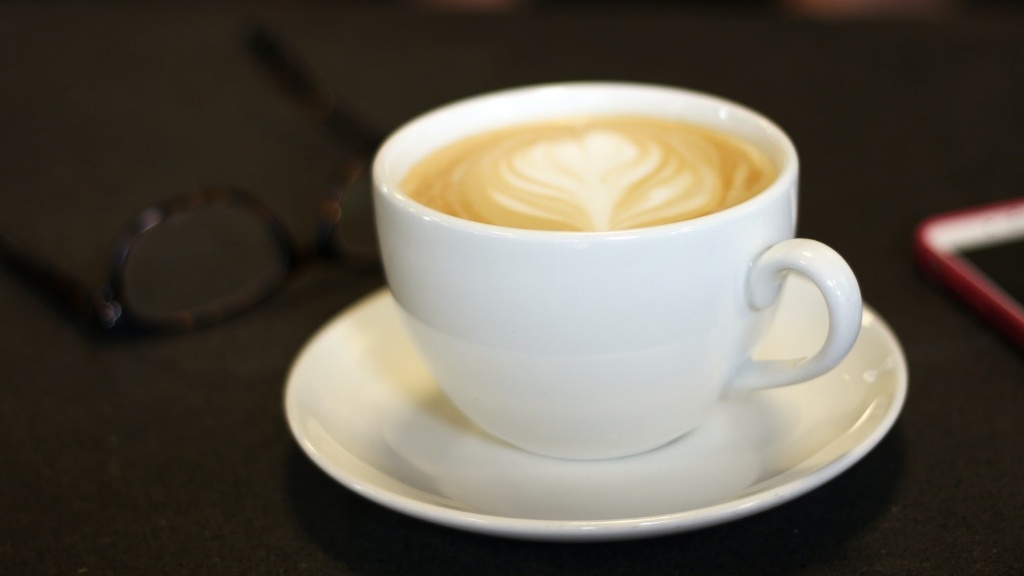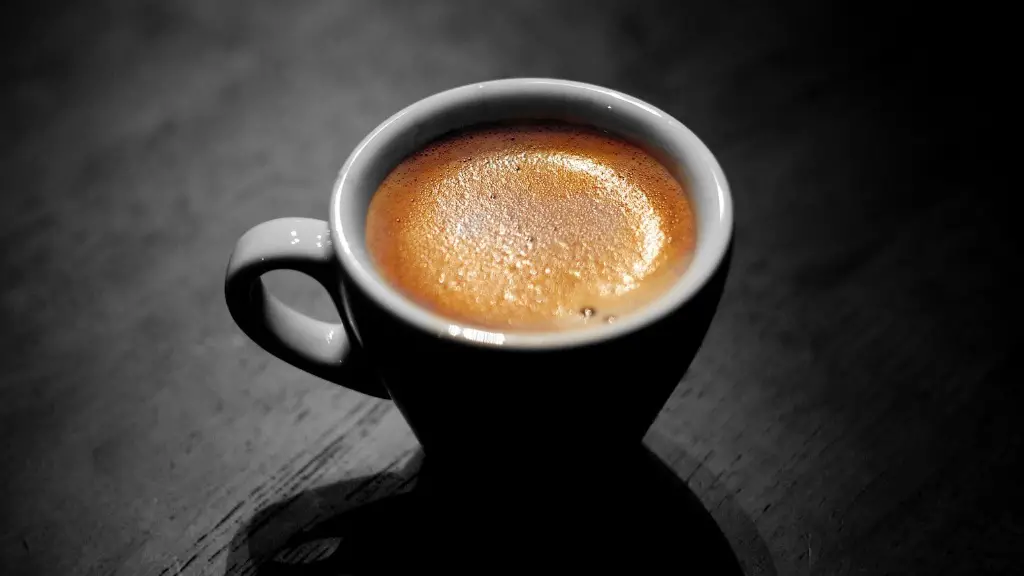Can I Drink Coffee After My Vaccine?
During the coronavirus pandemic, the rollout of the vaccine has been a cause for great hope and optimism. With many countries already in the process of administering the vaccine, many people are wondering if they can drink their beloved cup of coffee afterward and, if so, what should they consider before doing so.
According to Rania Ghalib, M.D., MPH, Internal Medicine Physician at NYU Langone, it is absolutely safe to drink a cup of coffee after receiving the vaccine. “Coffee does not interact with the vaccine in any way and is not thought to interfere with the body’s immune response following vaccination”, says Dr. Ghalib.
However, Dr. Ghalib does advise to be mindful when consuming coffee after the vaccine. Everyone reacts differently to different stimulants and it is important for an individual to be aware of their individual needs. Coffee may cause people to feel jittery and anxious after receiving the vaccination. Additionally, individuals who already feel anxious or agitated could experience increased symptoms with the addition of coffee.
Additionally, as temperatures are warming up in many countries, cold or iced coffee or other cold drinks could cause some reactions. According to Dr. Ghalib, “If you are feeling ill or show signs of a fever, it is best to avoid cold beverages to help reduce symptoms”.
Ultimately, caffeine can provide alertness and help reduce fatigue, but it’s important to determine whether coffee is the right choice for your individual needs. How much caffeine is good for you depends on your level of caffeine tolerance. For first-time drinkers, one cup of coffee should be enough, as drinking coffee can cause dehydration.
Effects Of Stimulants On Immunity
It is important to note that no matter what stimulants are taken, your immune system will function normally. Stimulants such as caffeine found in coffee and energy drinks are not thought to interfere with the vaccine’s efficacy as long as it is consumed in moderation. In fact, regular consumption of stimulants has been shown to positively affect the immune system. Studies suggest that consumption of coffee and other stimulants can increase immunity against certain viruses and infections.
Similarly, drinking coffee and other caffeinated beverages can have positive health benefits. For example, research has shown that coffee can reduce the risk of developing type 2 diabetes and Parkinson’s disease. Coffee may also help reduce the risk of stroke and certain cancers as it is high in antioxidants. Some people also find that coffee helps to reduce anxiety and stress levels.
In addition to its potential health benefits, coffee has been shown to improve concentration and focus. Caffeine has a stimulatory effect on the central nervous system and can enhance concentration and focus, particularly when tackling complex tasks. So, while drinking coffee after the vaccination may be safe, if you are feeling anxious or sleepy, it may be best to avoid it to prevent any additional reactions.
Coffee Consumption & Mental Health
Coffee is one of the most widely consumed beverages in the world and is most commonly associated with mental health benefits. Coffee can help increase alertness and reduce fatigue, making it helpful for people who are feeling tired or sluggish. Coffee can also increase the production of neurotransmitters such as serotonin, dopamine and norepinephrine, helping to boost mood and lift feelings of depression.
However, regular and excessive consumption of caffeine can have the opposite effect on mental health. Coffee is a stimulant and can cause anxiety and agitation if consumed in large amounts. This is why it is important to be mindful of how much coffee is consumed after receiving the vaccine. Drinking too much coffee can have a negative effect on mental health and impair cognitive functioning.
Studies have shown that while moderate caffeine consumption can improve performance, consuming more than 500 milligrams of caffeine per day can impair physical and mental performance. Furthermore, it is important to note that caffeine can interfere with sleep, which is essential for health and wellbeing. Therefore, it is suggested to avoid drinking coffee too late in the day as this may affect sleep quality.
Alternatives To Coffee
If you are feeling anxious or drowsy after the vaccination or are concerned about the effects of caffeine, there are several alternatives to coffee that can provide an energy boost. Herbal teas are naturally caffeine-free and can provide a gentle energy boost without the jitters associated with coffee. There are also several herbal and natural supplements that can be taken which can help with energy and mood without the adverse effects of caffeine.
If you still want to reap the health benefits of caffeine without the jitters, consider switching to decaffeinated coffee. Decaffeinated coffee still contains a small amount of caffeine, but much less than regular coffee. Decaf is also healthier as it contains fewer calories and no added sugar.
Finally, if you are looking for a healthier alternative to coffee, consider swapping it out for green or white tea. Green tea is loaded with antioxidants which are thought to help reduce the risk of certain diseases and support overall health. White tea, like green tea, is packed with antioxidants, but also contains caffeine. While both teas contain caffeine, they have lower levels compared to coffee, so can provide a gentler energy boost.
Effect of Coffee On Immune Cells
The health benefits of coffee depend largely on how much is consumed as well as the type of immune cells that are affected. Studies have shown that moderate consumption of coffee can benefit the immune system by increasing the production of cytokines. Cytokines are molecules which are involved in the body’s immune response and help to regulate inflammation.
Additionally, coffee can help to improve the function of T cells which are involved in cell-mediated immunity. Coffee can also help protect against infection by boosting the body’s natural defenses and increasing the production of immunoglobulins which are antibodies that help to fight against viruses and bacteria.
Finally, coffee can also increase the body’s antioxidant capacity which can help to protect cells from damage caused by free radicals. As antioxidants help to neutralize free radicals, they can protect against the development of certain chronic diseases.
Safety & Precautionary Measures
It is important to note that, while coffee can be safe to consume after receiving the vaccine, caffeine can have adverse effects if not consumed in moderation. Additionally, those who are pregnant, breastfeeding or have a history of anxiety or insomnia should be mindful when consuming caffeine to avoid the risk of side effects.
It is also important to note that caffeine can increase the risk of dehydration, so it is important to consume plenty of water after consuming coffee. Additionally, it is important to avoid consuming unhealthy or sugary snacks or drinks in order to prevent added sugar or fats from entering the body.
Finally, it is important to remember that the body needs rest and recovery time following the vaccine and coffee can impair the quality of the rest. If you are feeling fatigued, it may be best to avoid coffee and opt for lighter beverages such as herbal teas or decaffeinated coffee.
